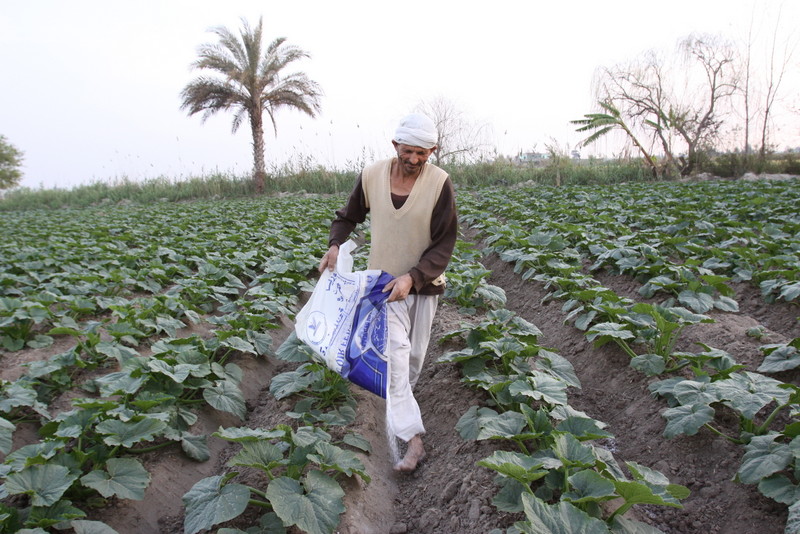
(AFP Photo)
A Canadian firm has signed a contract to lead the executive and consultative duties of the Egyptian-Saudi electricity linkage project, according to Minister of Electricity Ahmed Imam.
In December, the Egyptian Electricity Transmission Company (EETC) received five offers from international consulting firms vying for the contract.
As a result of its selection, the Canadian firm can review and update the project’s terms of reference as a part of its executive prerogative, according to a statement from the ministry on Sunday.
Imam said that the project is divided into five stages, with two each for Egypt and Saudi Arabia: one for generator power stations and the other for transmission lines.
The fifth package includes linking the two states’ switch stations using ground cables in Egyptian and Saudi lands and a 16 kilometre-long, 500 kilovolt marine cable through the Al-Aqaba Gulf.
The project’s terms allow the firm to review the documents of these packages and submit them to chosen subcontractors who are willing to build the project.
Signing the necessary agreements with various subcontractors should be done before the end of 2014, Imam said.
The value of this contract amounted to $1m, with a timeframe of 10 months to secure subcontractors for the project, according the statement.
The Egyptian-Saudi electrical linkage project would allow the two countries to share power during peak periods and to benefit from discrepancies in peak consumption periods in the two countries.
The $1.6bn bilateral deal was signed in June; the project was said to enhance domestic industry and offer indirect employment opportunities in both countries.
The project’s origins date back to 2007, according to Ministry of Electricity spokesman Aktham Abu El-Ela, and when complete, would increase the combined capacity of the electrical grid during peak periods to 3,000 megawatts.
Operation tests will proceed in 2015; however, the whole project is expected to be finished in 2016.
The Saudi Electricity Company and the Egyptian Electricity Holding Company are responsible for financing, operating and repairing the connectivity equipment in their territories, Imam said.
However, the responsibility of financing, operating and maintenance of submarine cables, which will cross the Gulf of Aqaba, would be shared equally between the two countries.
Earlier in December, Imam discussed with representatives of the World Bank the possibility of financial assistance for the project.
The World Bank is currently contributing $1.1bn to projects in the electricity sector, according to official figures of the ministry. The bank has helped finance projects including power stations in the north of Giza and the south of Helwan, both of which are currently under construction.


